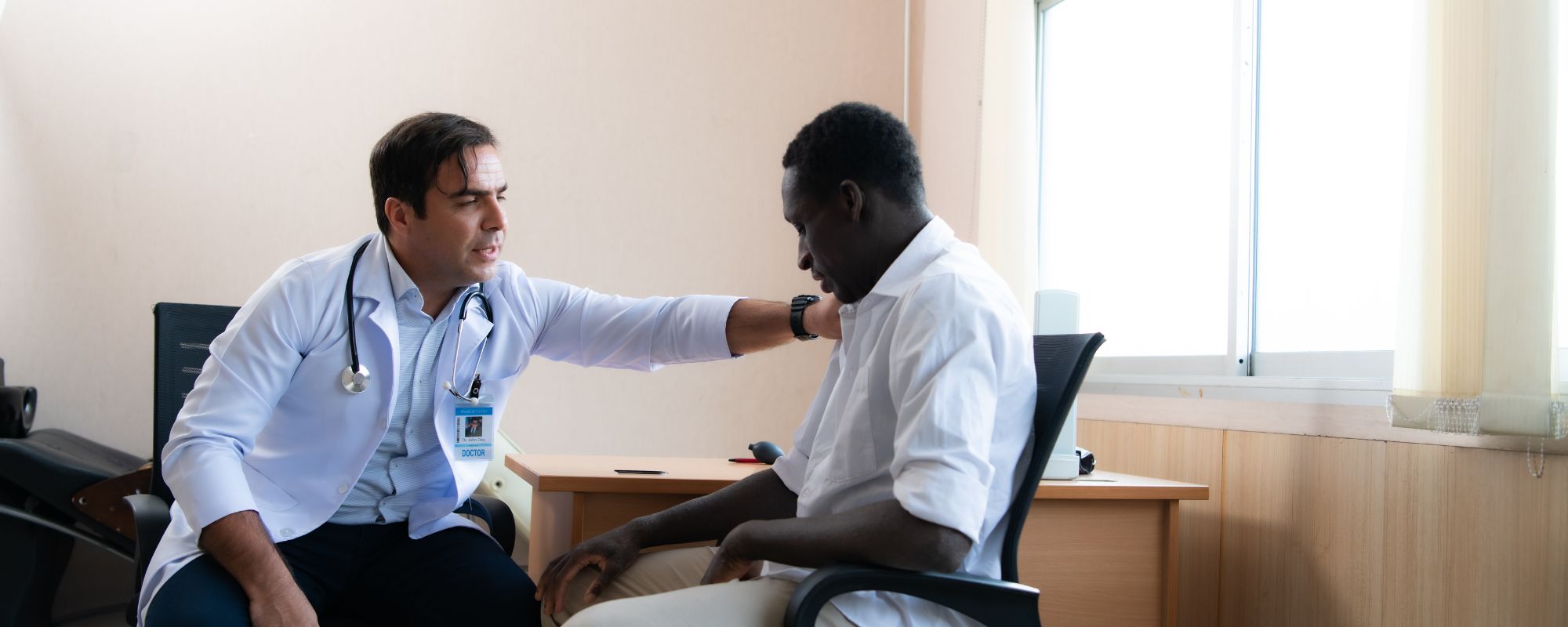It seems like pharmaceutical researchers are perpetually scrambling for a pill to help treat addiction.
The hunt for the diet pill that works without turning into a crab or becoming an addict is ongoing.
The search for a smoking cessation method that works without becoming addicted to some new nicotine delivery system is ongoing.
The exploration for better opioid detoxification and treatment medication continues because many active opioid addicts and their families are on the lookout for an easier softer way to stop using opioids without engaging in the lifestyle change known as “recovery.”
Similarly, the hunt for better alcohol detoxification and treatment medication continues for consumers who are waiting for a pill to allow one to drink socially, cut back drinking behavior or stop drinking without a recovery program.
The Hunt for the Magic Recovery Bullet
Translational neuropsychiatrists attempt to skillfully and accurately translate laboratory animal behavior data to human behavior and its corresponding neuropsychiatric pathways.
The frequent pessimistic cry that “just because it happens in rats, doesn’t mean it happens in people” is absolutely not the case, by and large. Great discoveries have emerged from translational neuroscience. In fact, discoveries from translational neuroscience is the rule rather than the exception when an experience translational neuroscientist is at the helm. There is much less translational neuroscience as it relates to a given recovery program because complex neuropsychiatric pathways associated with perspectives like gratitude, thankfulness, acceptance and serenity cannot be measured nor can we reverse-engineer or project forward from laboratory animals.
Regardless, translational neuroscientists continue to hunt for a medicine that can help alcoholics not pick up that first drink.
A recent animal study shows promising results for a medication to reduce “the alcohol deprivation effect (Fredriksson)” in rats, which may translate into the medication helping to, for example, have less thoughts of having a cold beer with their pizza on a hot summer day.
However, the prospects for Fredriksson’s new stay sober-quick pill is much like its predecessors. When used without a comprehensive recovery treatment plan, it is likely destined to fail.
When used as a small part of a much larger comprehensive recovery treatment plan, it is likely to increase the odds of a sustained recovery complete with peace and happiness.
Therefore, the leading relapse prevention message for alcoholics is there will probably never be a pill to replace to substitute for the lifestyle overhaul popularly known as recovery.
And know that there are already at least 3 FDA approved medications, most of which are gifts from translational neuroscientists, when used as a small part of a much larger comprehensive cognitive behavioral therapy based recovery program. They are:
- Disulfiram
- Acamprosate
- Naltrexone
Reach Out
If you or someone you know is struggling with substance abuse problem, please reach out to our addiction specialists for guidance and support, at (877)-RECOVERY or (888) 534-9140. Our addiction specialists make themselves available to take your call 24 hours a day, 7 days a week. Because We Care.
Reference:
Fredriksson I, et al, The monoamine stabilizer (−)‐OSU6162 prevents the alcohol deprivation effect and improves motor impulsive behavior in rats. Addiction Biology. 26 February 2018.
- Medication-Assisted Treatment: Naltrexone to treat Methamphetamine Addiction? - July 9, 2025
- What Is Inpatient Treatment? - June 30, 2025
- How Does Heroin Abuse Affect the Body? - June 23, 2025












